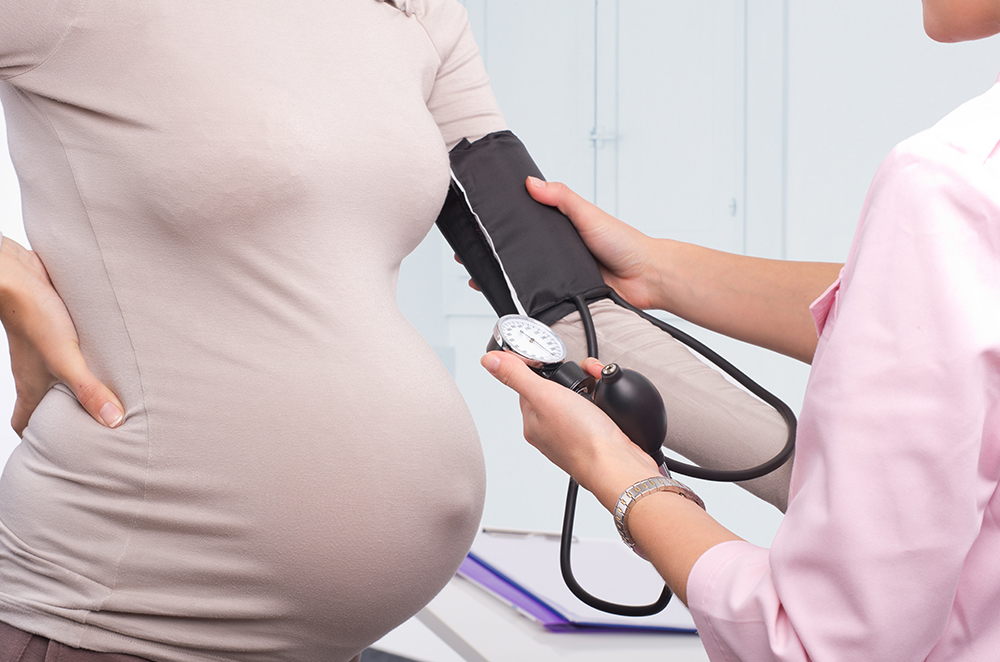Hypertension is becoming more frequent in women during pregnancy. This can put the mother and her unborn child at risk of complications. Also, high blood pressure can create complications during and after childbirth. However, there is a silver lining in the cloud since high blood pressure is preventable and treatable. It is crucial to see your Port Saint Lucie hypertension physician as soon as you find out you are pregnant to begin assessing the risks.
What is hypertension in pregnancy?
Hypertension occurs when the force exerted against the arterial walls is excessive. Up to 10% of pregnancies are complicated by hypertension and other high blood pressure issues worldwide. These illnesses are essential because they can cause severe problems for both the mother and the infant if left undetected and untreated. High blood pressure disorders are classified into different groups based on the time of diagnosis and the severity of the associated signs and symptoms.
- Gestational hypertension is hypertension detected after 20 weeks of pregnancy in a woman who did not have high blood pressure before pregnancy. However, there are usually no other signs or symptoms. It usually causes no harm to you or your baby, and it fades gone within 12 weeks after delivery. However, it increases your chances of developing high blood pressure in the future. At times, it can be extreme, resulting in low birth weight or premature birth. In some cases, preeclampsia can occur in particular women with gestational hypertension.
- Chronic hypertension – This category includes women with preexisting hypertension who become pregnant or are discovered to have high blood pressure before 20 weeks of pregnancy. Some women may have had it for a long time but were unaware of it until a doctor monitored their blood pressure at their prenatal checkup. Chronic hypertension can sometimes result in preeclampsia.
- Preeclampsia – About 8% of expectant mothers get this dangerous hypertension condition. It frequently happens after 20 weeks of pregnancy. Women with chronically increased blood pressures and proteinuria, changes in test values, or symptoms such as a severe, continuous headache, eye problems, and upper abdomen pain are diagnosed with this condition. Symptoms may not appear till after delivery in some circumstances. Some of your organs may be damaged due to preeclampsia, such as your liver or kidney. Protein in the urine and extremely high blood pressure are two possible symptoms. Both you and your baby are at risk from preeclampsia, which can be fatal.
Problems hypertension cause during pregnancy
During pregnancy, high blood pressure poses various risks, including:
- Injury to the other organs such as the heart, brain, and lungs.
- The low blood floor to the placenta makes the baby receive few nutrients and less oxygen.
- Placenta abruption causes heavy bleeding threatening the mother and baby’s life.
- Premature delivery.
- Increasing your risk of future cardiovascular (heart and blood vessel) disease.
Is it possible to prevent hypertension during pregnancy?
If your hypertension is high, it can progress to preeclampsia, which has far more catastrophic consequences for both mother and child. There is currently no practical technique to prevent hypertension. Some variables that contribute to high blood pressure can be managed, while others are uncontrollable. Follow your doctor’s diet and exercise recommendations.
Do not let untreated hypertension cause medical problems for you and your baby. Schedule an appointment at TLC Medical Group Inc by phone or online today.





